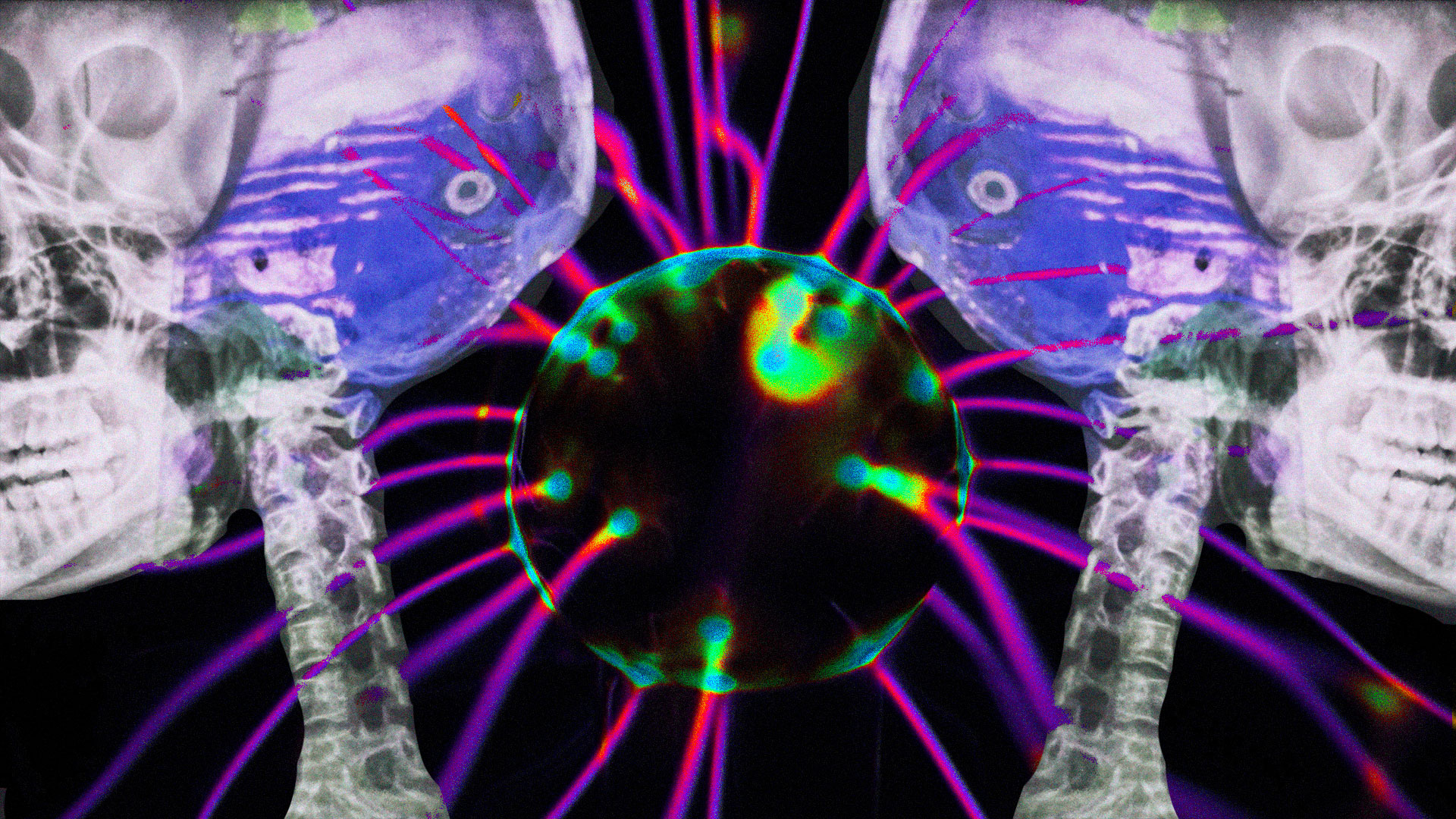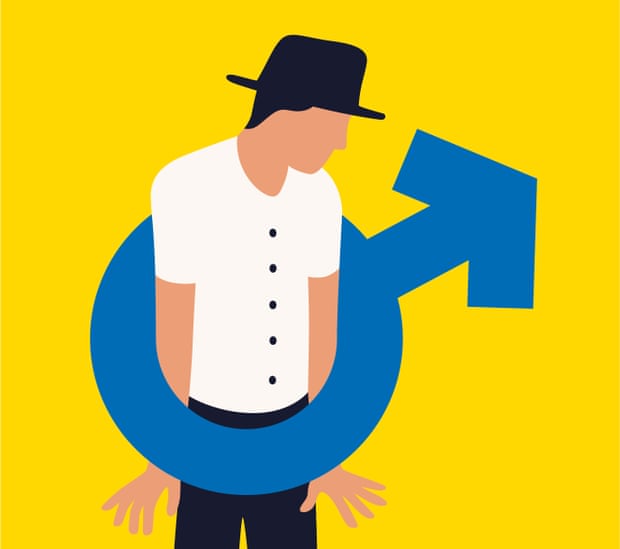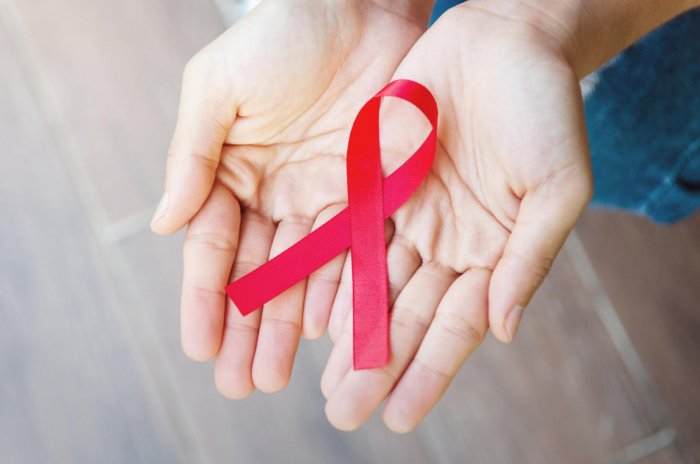The Importance of Mental Health during COVID crisis
15238
The impact of the COVID-19 pandemic is drastically changing the lives of people. It greatly affects our mental health in a certain way causing crisis.

Anxiety, depression, and panic attacks can be a detrimental effect of the COVID crisis. Living in these circumstances can be tough in all walks of life affecting the social, physical, and mental wellbeing of a person. We have seen and increseas of Symtopms of depression during COVID-19 and other mental health symtioms during this pandemic.
The majority of people affected by the disease will recover without any long-lasting consequences, there are many others who will suffer the short-term and long-term health effects of stress, anxiety, and other mental health complications.
We all respond differently to stress and anxiety. Our response is often based on our family upbringing, background, or current life circumstances. According to the Centers for Disease Control and Prevention, people who may respond more strongly to the stress of this crisis include:
- Older people and people with chronic diseases, including autoimmune diseases, are at higher risk for COVID-19.
- Children and teens.
- People who are helping with the response to COVID-19, like doctors, other health care providers, or first responders.
- People who have pre-existing mental health conditions including substance abuse issues.
Also, due to government-issued quarantine laws and social distancing, many others who aren’t directly affected by the disease may suffer from the indirect consequences of self-isolation, such as depression and post-traumatic stress disorder. If you fall into any of these groups and/or you are feeling anxious about your exposure to COVID-19, you are not alone. It’s important to notice and accept how you feel while creating space in your schedule to take care of yourself and your loved ones. First, look out for these common signs of distress:
- Feelings of numbness, disbelief, anxiety, or fear.
- Changes in appetite, energy, and activity levels.
- Difficulty concentrating.
- Difficulty sleeping or nightmares and upsetting thoughts and images.
- Physical reactions, such as headaches, body pains, stomach problems, and skin rashes.
- Fear and worry about your own health and the health of your loved ones.
- Worsening of chronic health problems.
- Anger or short temper.
- Increased use of alcohol, tobacco, or other drugs.
How to handle your mental state during the crisis?
If you notice that you are exhibiting a few of these common signs of distress, the following steps may help you take control of your mental and emotional health:
- Stay connected to your loved ones. If you live alone and feel isolated, set up regular video conferencing or Facetime calls with your friends and loved ones to discuss your feelings and emotions, play games, or watch T.V. together. Always keep in touch with your family and friends as much as possible.
- Take a break from the news and social media. With the 24-hour news cycle and constant updates about the virus, watching the news or updates on social media can worsen your feelings of anxiety and fear. Take a break from watching the news and limit your use of social media to help manage your feelings and emotions. Avoid negativity by limiting your contact with social media. Unfollow such negative news which triggers such anxiety.
- Take regular breaks from work. Even if you are working from home, it’s important to take regular breaks from your work and try to stay offline in the evenings as much as possible. Throughout the day, remember to take deep breaths and make time to stretch and relax your mind.
- Limit certain foods and drinks. Be mindful of the foods and drinks that you are taking in. Limit junk food and alcohol intake and avoid harmful substances like tobacco and drugs. Now is also a good time to limit your caffeine intake, especially caffeinated beverages such as coffee or tea as caffeine can trigger anxiety symptoms and interfere with your sleep.
- Reach out to a professional for help. If your feelings are persistent and last for several weeks, reach out to a member of a therapist, or a professional support group for help. Of course, if you have a preexisting mental health condition, you should continue with your treatment and be aware of new or worsening symptoms
- Think about your daily routine.Life has changed for us all at the moment. Think about patterns you have fallen into and whether you could adapt them and create more positive routines. Try to engage in useful activities (such as cleaning, cooking, or exercise) or meaningful activities (such as reading or keeping in touch with friends). You might find it helpful to write a plan for your day or week.
- Look after your physical wellbeing. Your physical health has a big impact on how you are feeling emotionally and mentally. At times like these, it can be easy to fall into unhealthy patterns of behavior which, in turn, can make you feel worse. Try to eat healthy, well-balanced meals and drink enough water.
- Look after your sleep. Feeling anxious or worried can make it harder to get a good night’s sleep. Good-quality sleep makes a big difference to how you feel mentally and physically, so it’s important to get enough. Try to maintain regular sleeping patterns and good sleep practices, such as creating a restful environment and avoiding caffeine close to bedtime.
- Do things you enjoy. When you are anxious, lonely, or feeling low, you might reduce the time you spend doing things that you usually enjoy or stop doing them completely. Focusing on your favorite hobby, learning something new, or simply taking time to relax should give you some relief from anxious thoughts and feelings and can boost your mood.
- Set goals. Setting goals and achieving them gives a sense of control and purpose. Think about things you want or need to do, particularly those that you can do at home, such as reading a book or learning something online.
Trust PULSE CLINIC to take care of your health like other 45000 people from over 130 countries. We provide discreet professional service with high privacy. Here to help, not to judge.
How can PUSLE CLINICS help me and the people I care about?
If you are not feeling OK, please know that sometimes it is OK to not feel OK. If you want to talk to someone, our clinic offer counseling by expert team of psychiatrist, psychologist, and CBT psychologist with long experience in providing care and changing life to the better.
Where can I talk to mental health advisor?
![]() Singapore
Singapore
Tanjong Pagar Medical Clinic, Blk 1 Tanjong Pagar Plaza
![]() Thailand
Thailand
PULSE Clinic Silom Bangkok info.silom@pulse-clinic.com ![]()
PULSE Clinic Nana Bangkok info.nana@pulse-clinic.com ![]()
PULSE Clinic Patong Beach, Phuket info.phuket@pulse-clinic.com ![]()
PULSE Clinic Sukhumvit 37, Bangkok ![]()
PULSE Clinic Airport Link Phayathai, Bangkok (Open November 2021)
EU Clinic – Executive Health Asoke, Bangkok (Coming soon)
EU Clinic – Executive Health Ploenchit, Bangkok (Coming soon)
Hong Kong
PULSE Clinic Central, Hong Kong info.hk@pulse-clinic.com ![]()
![]() Malaysia
Malaysia
PULSE Clinic Bukit Bintang, Kuala Lumpur info.kl@pulse-clinic.com ![]() +601165388678
+601165388678
PULSE Clinic Bangsar, Kuala Lumpur info.kl@pulse-clinic.com![]() +601165388678
+601165388678
Other Countries Without PULSE CLINICS and EU Clinic, contact #BuyPrEPonline
Written by: Dude Arnel Flores Lopez, BSN, RN 23 June 2021
Medically reviewed by Dr.Deyn Natthakhet Yaemim, last update 11 October 2021
Add us on Line and stay in touch.








